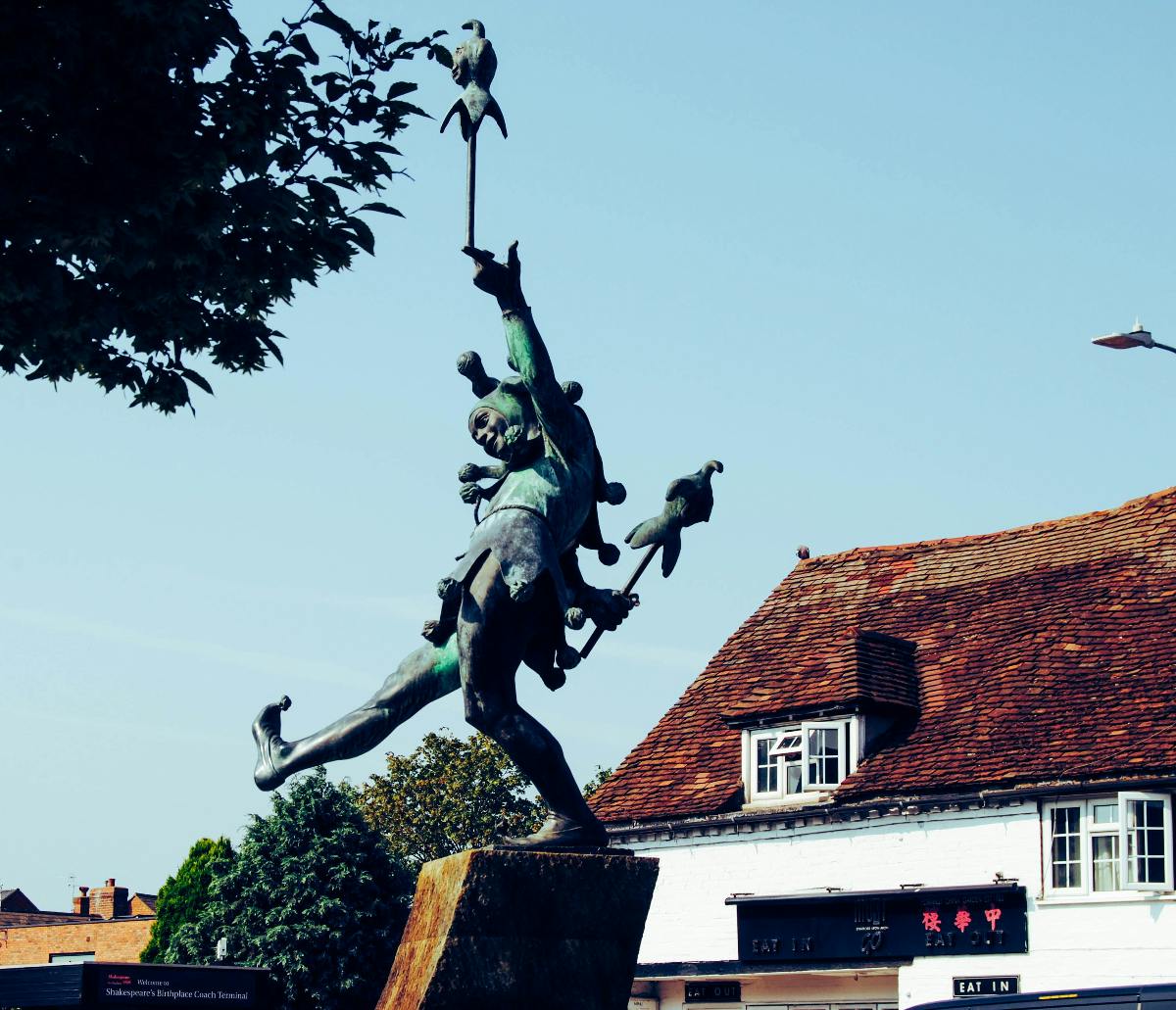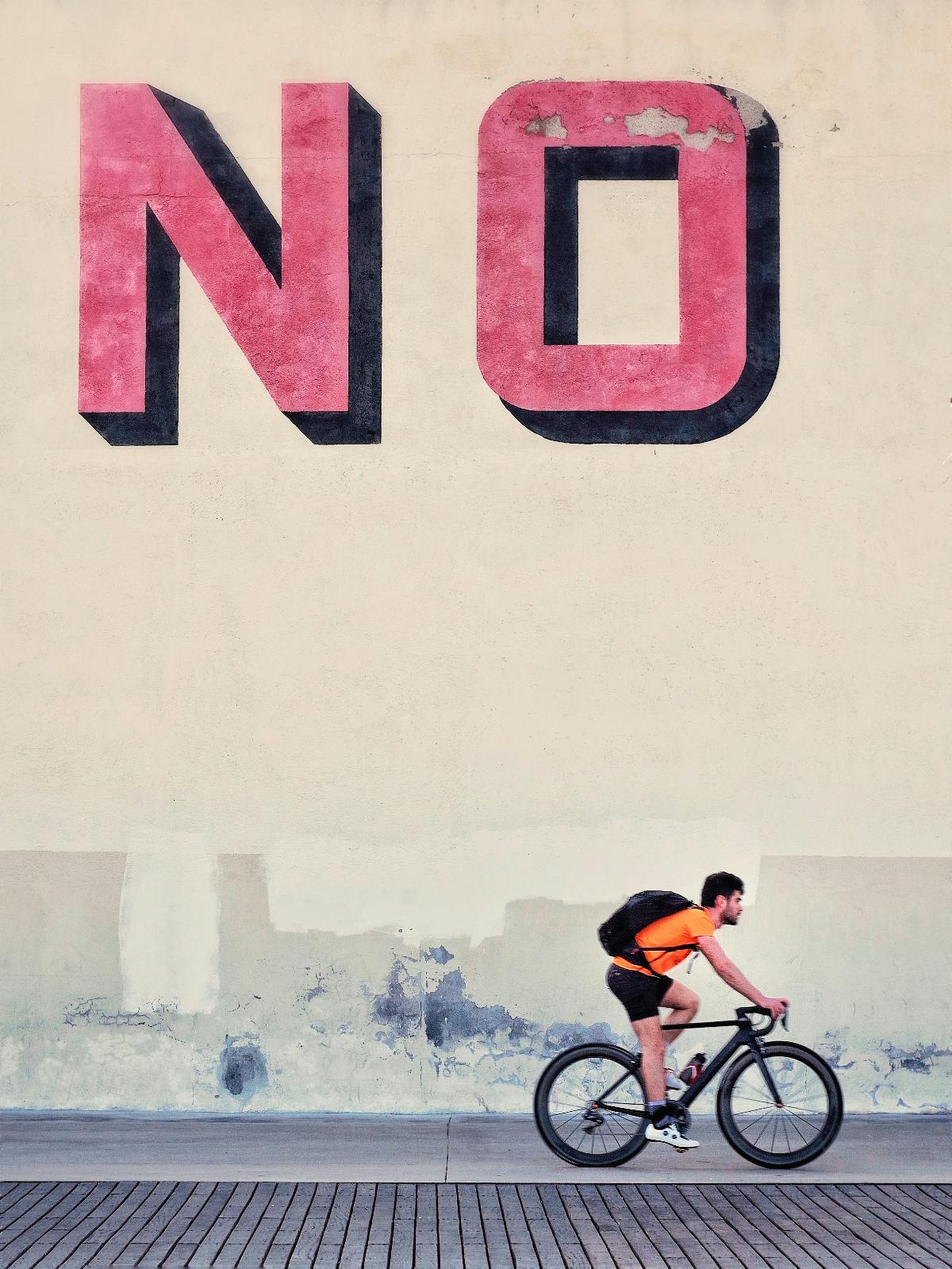
Let’s have more fools this year. Dress in motley and speak some truths, make some laughter, open some eyes. What do you say, shall we all be fools this year? We need it. We’re dying for fools, absolute, sound, and strong fools. Let’s toss aside the suits and ties, put bells on our toes, and start a revolution of fools!
“Invest me in my motley; give me leave
To speak my mind, and I will through and through
Cleanse the foul body of the infected world…” - Jaques, As You Like It, II, vii.
Let’s have more fools this year. Dress in motley and speak some truths, make some laughter, open some eyes. What do you say, shall we all be fools this year? We need it. We’re dying for fools, absolute, sound, and strong fools. Let’s toss aside the suits and ties, put bells on our toes, and start a revolution of fools!
Who’s with me???
I see the problem; I see it, it makes sense. Even as I write this, my side of the page editing app tells me to change the word fool to idiot, jerk, dummy. You see the word fool in your mind, and you think, I don’t want to be thought of as a fool. I don’t want to be the dunce in the corner with a pointy hat. I don’t want people to think I’m a dummy. I will not be made a fool of!!! Says the stuffy, powerful man in the boardroom as he slams his college-ringed hand down on the table. No fools here.
No fools here? Aw, now that is a shame. Maybe we need a little edification.
What is a Fool
Okay, so, if you look up the word fool in the dictionary, you’re going to find definitions such as this: “a person who acts unwisely or imprudently; a silly person.” With that definition in mind, I agree with you, I wouldn’t want to be that kind of a person. But, like an excellent seven-layer dip, the word fool has layers and facets that maybe we are missing. Perhaps we need to plunge our tortilla chip a little deeper.
In the general world, the word fool is an insult. Don’t call someone a fool, why they’re liable to punch you right in the mush. I certainly don’t want my mush punched, no sir.
Still, we’re missing something. If we look back in time, we see a different side of the word fool. A jester, court jester, or fool was a member of the household of a nobleman or a monarch employed to entertain guests during the medieval and Renaissance eras. Now we’re getting somewhere, a member of a noble household, an entertainer. That’s not too bad, right? Still, there is s something we’re leaving out.
So, what’s missing? Truth and vulnerability.
A Wise Fool

A wise fool? That sounds like an oxymoron, doesn’t it? If you apply the above definitions for fool, yes, then you have an oxymoron. However, if you use the deeper reality of a fool, then you’re on to something extraordinary.
Yes, a fool was in the court to entertain because there was no Netflix, phones, Tik Tok, or Twitter, so people were forced to talk and listen and find wit in words. And weaving witty words was a skill a fool had to have.
But an unwritten skill that a top-notch fool possessed was the ability to speak truth to power. No one could tell the King he was being an idiot unless they wanted their heads to take a vacation from their body. Permanently. No one, that is, except the fool.
Contrary to the modern definition of a fool, the reality is the fool was usually the smartest guy in the room—kind of like ENRON without the corruption and the money-grubbing lies.
A fool was expected to insult the upper class, make fun of their clothes, manners, idiosyncrasies. And, he was a fool, so no one could attack him for it. Although, oftentimes, they did. A fool also had the freedom to tell the king, queen, or lord that they were making a huge mistake; they were being blinded by jealousy, they were acting in a rash manner. And, the fools did it in verse, in song, in joke. Clever ones, those fools.
Intelligent, insightful, and witty are the attributes of the fool that we need more of. Those sound fun and exciting, don’t they? Yes, but slow down; there is another attribute of the fool that may not sound so exciting.
Out There Alone
“I am not in the giving vein today.” Richard III, IV, ii.
One aspect of being a fool is more challenging for us to handle: vulnerability. For all the freedom of truth the fool had, he was out there alone, and he was vulnerable. Perhaps a king wasn’t in the mood to be told the truth that day. Or, the fool quipped about a lord who was having an affair with a certain lady, and the lord took offense. The fool is always vulnerable. But is that bad?
Vulnerability is a word that makes most of us shudder. Being vulnerable means you’re weak, open to the elements. The definition of vulnerability is the quality or state of being exposed to the
possibility of being attacked or harmed, either physically or emotionally. That sounds awful, doesn’t it? Well, as I propose more fooling, I offer a different view of this definition.
Vulnerability

When we’re vulnerable, we’re open. We’re not shielded from the blows, the slings, and arrows of outrageous fortune. We’re alone, we’re helpless, and we are exposed.
Is that truly weakness?
In court, in pubs, in the streets, a fool was often called upon to fool. To jape, pun, sing, poke fun, and speak, always, the truth. Knowing that someone could be upset or that a royal could be embarrassed and have the fool killed didn’t stop him. The fool knew he was vulnerable, and that vulnerability fed his craft. Being exposed, putting yourself in a situation where you know there may be push back, judgment, physical harm, still you persevere because you know what needs to be said, that isn’t weakness.
Contrary to modern definition, the fool was courageous. He was no idiot. He knew the stakes; he knew he was facing life or death, and yet, he still stepped up. Death at his heels, shame at the ready, and still he persisted.
When we are vulnerable, we are most ourselves. We are open, and therefore we have no walls, no defense mechanisms, no tricks to hide the reality of who we are. We are present and in the moment. It doesn’t mean we’re safe. No, not at all. No matter what time period you are in, being vulnerable is never safe. But that’s the beauty of it.
The Besotted Path of Safe
You say safe, and I say meh.
Safe is fine for war and baseball, but safe does not belong in a creative meeting, brainstorming session, or when you are presenting an idea to a client. In all of these situations, you should be a fool.
Safe gets you what the other agency brought to the table. Safe gets you regurgitated hoopla that has been seen, reproduced, mass-produced, digested, vomited up, and produced again. Safe is … safe.
The fool is never safe. The fool is spinning out new ideas, new insights, and taking risks all the time. The fool is vulnerable, but that’s where he does his best work. The fool does not fear, so the fool does not need to be safe.
In safety, there is no vulnerability. Without vulnerability, there is no risk. If there is no risk, there is no forward progression. Safe churns out the same old, same old; we recognize this, we know this, this is familiar, we feel OK sort of four in the afternoon dinner special, I’ll have the usual, kind of world. You will find no fools there. A fool would be an idiot to be in that safe world.
A fool is a creative, a pure creative mind in constant motion, constant creation, sans fear, sans safety. In being vulnerable, exposed, he has nowhere to retreat to, no excuses to fall back on, but most of all, he has no fear of failure. Failing just means he tries what’s up the other sleeve. Failing is a momentary stop in the way to brilliance. Without failing, the fool wouldn’t know it was time to quickly change course and pull out another trick, joke, idea, or story. Failure, to the fool, isn’t an end; it’s a chance for more. An opportunity for better. A chance to be a fool for one more try.
If you never fail or avoid failing, you have yourself a steaming bucket of safe. Which will never change, offend, question, doubt, challenge, or push. It will be predictable, recognizable, and duller than a Russian knock-knock joke.
When a fool fails, he fails big. It can be seen in the next shire, bright and beautiful is his failure. Fearless and inspiring is his failure. Again, it’s not an end; it’s an opportunity to show what else you have.
Fools Never Say No

We’ve been here, all of us, in a brainstorming session, a creative pow-wow; as soon as someone starts sharing an idea, you can hear the minds closing with a metallic thud and the lock being snapped shut. The lock is no.
When faced with uncomfortable situations, people create a safe space for themselves by using the word no. No stops all forward progress. No carries the implied presence of power or knowledge. Say no, and you sound like a boss. No is safe. No is a wall. No funny business, now, none of that. "No" wears many different disguises like, I don’t think we should, or that’s not what we usually do, or isn’t that a little out there?
People say no to protect themselves from having to risk or being vulnerable. Fools say yes. Actually, fools say yes and …
A fool says, let’s get 125 circus elephants to walk down Main Street with our logo on their sides, tossing candy with our logo on it to the crowds from buckets at the end of their trunks. Another fool says, yes, and we can dress them in vests and hats of our brand colors.
Will that idea be the final result? Most likely not, but the image of elephants in colored vests tossing candy with their trunks may ignite an idea in someone else. Maybe that idea won’t be the final outcome, but that idea may inspire someone else and on and on.
The fool knows that “yes” keeps the ideas flowing, and “no” stops all creativity dead. Fools are wise; fools say yes.
Be a Fool

Do it. This year, be a fool. It’s not easy, it’s not for everyone, but we encourage you to be a fool. What does that take?
- Courage
- Vulnerability
- Saying yes
- Removing no from creative sessions
- Encouraging others to say yes as well
- Embrace failure
- Believe in what you have to say
- Trust that you will never run out of ideas
- Stop judging yourself and others
- Laugh
Do it. Invest yourself in motley, open yourself up to the world, be vulnerable, say yes, encourage, fail, dance, sing, laugh, and be fearless. Follow the path of the fool, and you will be amazed at what you can bring to the table.
The Fine Print
Sadly we live in a litigious world, one where you can sue a chain restaurant if your coffee is too hot. So, we want to be clear here. We are not advocating that you act like a moron. We don’t think you should ignore the rules of law or decency. We are not saying you should just say yes to robbing a bank, killing your landlord, or any kind of situation that goes against the law or puts you or others in physical harm’s way. Do not do any of that and then stand in a courtroom and say, “ThoughtLab told me to be a fool; that’s why I ran naked through Times Square.” We will not provide legal aid, nor will we be held responsible for your abject stupidity. We will laugh at you.
ThoughtLab will help you foster creativity in your work and your life. We will give you advice on saying yes in brainstorming sessions and around the office. We will applaud and support your desire to be open, present, and vulnerable. Most of all, we’ll be here when you decide it’s time to get your fool on, take risks, and discover the authentic you.
Oh, we’re fooling. We’re fooling all the time. Come join us; it’s more creative here.

